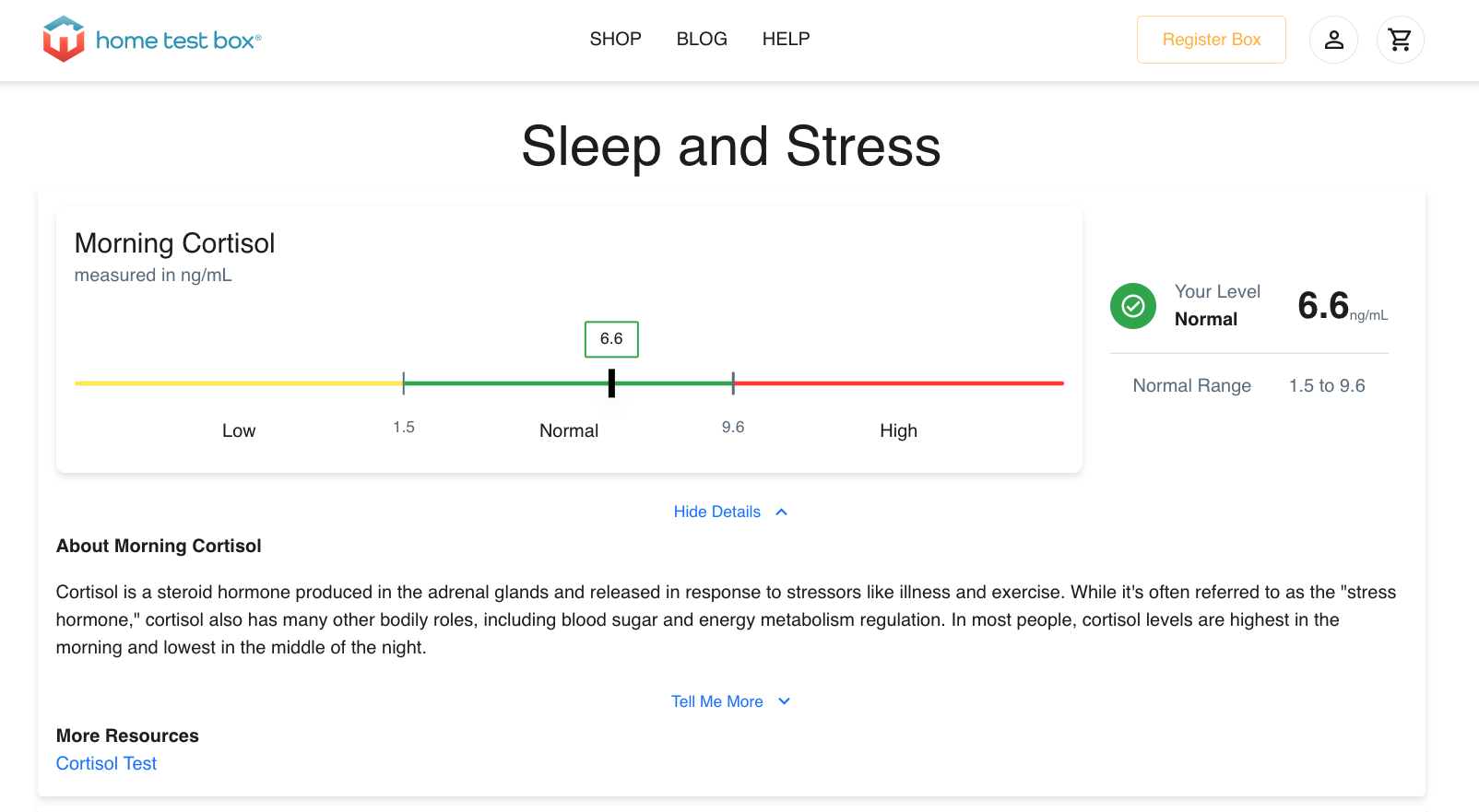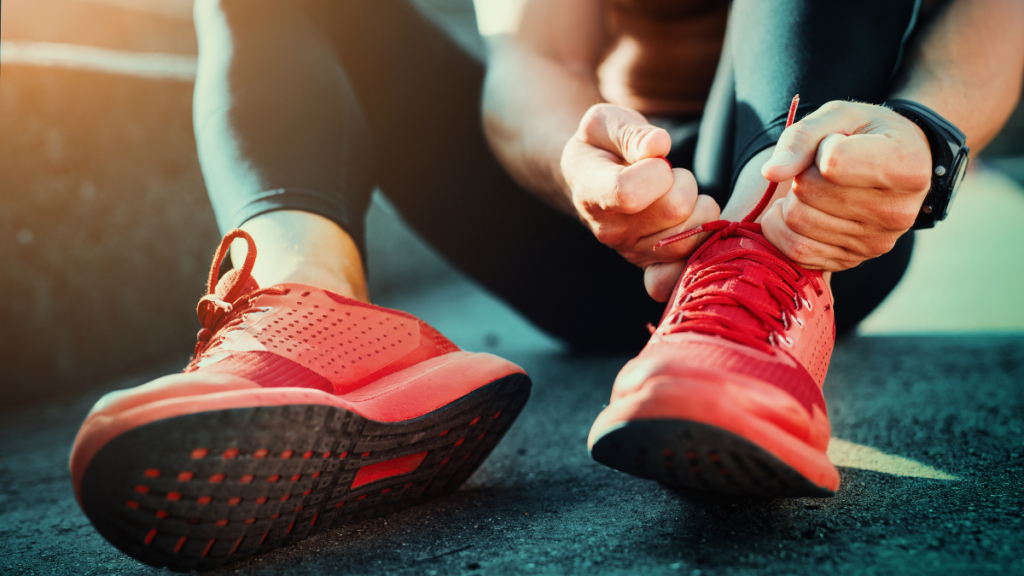Mental health has been a topic of interest in the sports world for a while, as an increasing number of athletes are stepping forward to talk about their personal struggles with mental illness. According to the National Institute of Mental Health, approximately one in five adults in the U.S are affected by mental illness each year, and athletes are not immune.
1 in 5 U.S. adults is affected by mental illness each year.
Mental Health Among Athletes
When athletes sustain a physical injury, they are given time to heal and get better. When their wounds are invisible, such as those that harm their mental well-being, they are often not given the same treatment. They may even feel obligated to toughen up.
But professional athletes experience the same internal struggles as the rest of the population. And the added pressure to perform well on a national or global stage can take a massive toll on their mental health.
Research suggests that anxiety and depression alone affect about 34% of current elite athletes and 26% of former elite athletes. About 35% of elite athletes suffer a mental health crisis, which may show up as stress, eating disorders, anxiety, depression, or drug use.
35% of athletes suffer a mental health crisis.
Special Attention to Young Athletes
Young athletes are often the most vulnerable to the pressures associated with competing in sports. Although they are incredibly gifted in their physical capabilities, they are still developing emotionally and mentally.
Society often holds them to the same standards as their adult counterparts, however, their age prohibits them from having the same level of mental maturity or judgment. This pressure can be particularly difficult for those young athletes combatting mental health challenges, as in the case with professional tennis player Naomi Osaka.
Athletes Speaking Out About Mental Health
At the beginning of June 2021, Osaka stood up for her mental well-being by putting out a statement on social media explaining that she would be skipping all news conferences during the French Open to protect her mental health. As she forewarned, she didn’t participate in a mandatory press conference after her first-round win. In addition to being fined $15,000, the heads of all four Grand Slam tournaments signed a statement warning that she could be suspended from future Grand Slam tournaments and face harsh penalties if she continued avoiding the media. Ultimately, she decided to put her mental health first by dropping out of the tournament.
Osaka is a self-proclaimed introvert who has been open about her struggles with depression and social anxiety. Hence, it’s understandable why speaking to the press would overwhelm her during an already stressful time, like a competition.
Osaka isn’t the only professional athlete to stand up to the press for their mental health. A few months prior to Osaka’s statement, NBA champion Kyrie Irving publicly announced that he would no longer talk to reporters. Irving faced backlash for his statement. Later, he admitted to struggling with mental health.
The Fine Line Between Taking Care of Your Health and Doing Your Job
When it comes to the press specifically, there are two sides to the story—on one side, speaking to the press after a game is part of the contract. But not all athletes enjoy the spotlight.
Some athletes, like Osaka, are incredibly talented in their sport, but are also introverted and struggle with being in the public eye. This begs the question, should athletes be required to speak to reporters to play the sport they love if it costs them their mental health?
These circumstances blur the line between doing your job and protecting your health.
Kevin Love is another basketball player that has been open about his mental health struggles during his professional career. As a person who suffers from depression, Love uses his platform to share his story and let others struggling with mental illness to know they are not alone. Today, his work in mental health awareness is recognized worldwide, and he has won various awards due to his contributions in the mental health space.
Athletes like Osaka, Irving and Love speaking out about their mental health help break the stigma about mental health and pave the way for future athletes to seek help with their own mental health struggles.
Mental Health is Important for Everyone
At Vivera, we understand the importance of mental health for everyone. Instead of scrutinizing athletes for their mental health struggles, they should be supported, and their mental health should be taken seriously.
Substance Abuse and Mental Health Services National Helpline
Struggling to get a good night's rest?
Find out if stress may be to blame. Get custom results to your inbox.




